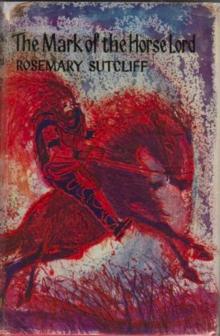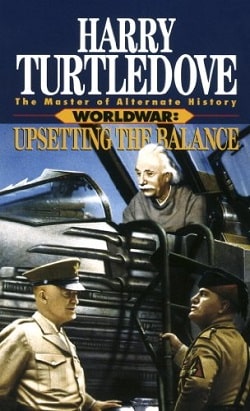The Boy Spies of Philadelphia


Author: Joanna H. Mathews
Category: Fiction
Published: 2014
Series:
View: 307
Read OnlineOn the morning of April 2, 1778, three boys, the eldest of whom was not more than sixteen years of age and the youngest hardly a year his junior, were standing on that side of the town-house nearest the pillory, in the city of Philadelphia.They were not engaged in sportive conversation, nor occupied with schemes for pleasure, as is usually the case with boys of such age; but wore a graver look than seemed suitable to youth under ordinary circumstances.These boys were witnessing and taking part in events decidedly startling—events well calculated to impress themselves upon the minds even of children.It is hardly necessary, because such fact is familiar to all Americans, to say that on the 26th of September, 1777, General Howe took possession of the city of Philadelphia, and it was yet occupied by the British forces on this 2d day of April, 1778.The past winter had been one of gayety for the wealthy Tory inhabitants of the city, since the English officers were pleased to spend their time in every form of revelry, and ever ready to accept the more than generous hospitality which was extended by such of the citizens as were desirous of remaining under British rule.The officers of the army indulged to the utmost their love for luxury and ease while serving in the command of the indolent Howe, and the privates had so far followed the example set by their superiors that the king\'s troops had become more demoralized by this winter of idleness than could have been possible under almost any other circumstances.So great was this demoralization that Benjamin Franklin was able to say with truth, when taunted with the fact that the enemy had captured the city:"General Howe has not taken Philadelphia; Philadelphia has taken General Howe."It was at about the time of which this story treats that the British government decided to give command of the forces under General Howe to Sir Henry Clinton, and those of the population loyal to the cause of freedom were considerably exercised in mind as to how this change of officers might effect them.
 Touch Me When We're Dancing
Touch Me When We're Dancing Three Days of Dominance
Three Days of Dominance Once A Warrior (Mustafa And Adem)
Once A Warrior (Mustafa And Adem) The Mark of the Horse Lord
The Mark of the Horse Lord Upsetting the Balance (Worldwar 3)
Upsetting the Balance (Worldwar 3) A Way in the World
A Way in the World The Godsend of River Grove
The Godsend of River Grove The Scorch Trials (The Maze Runner 2)
The Scorch Trials (The Maze Runner 2)